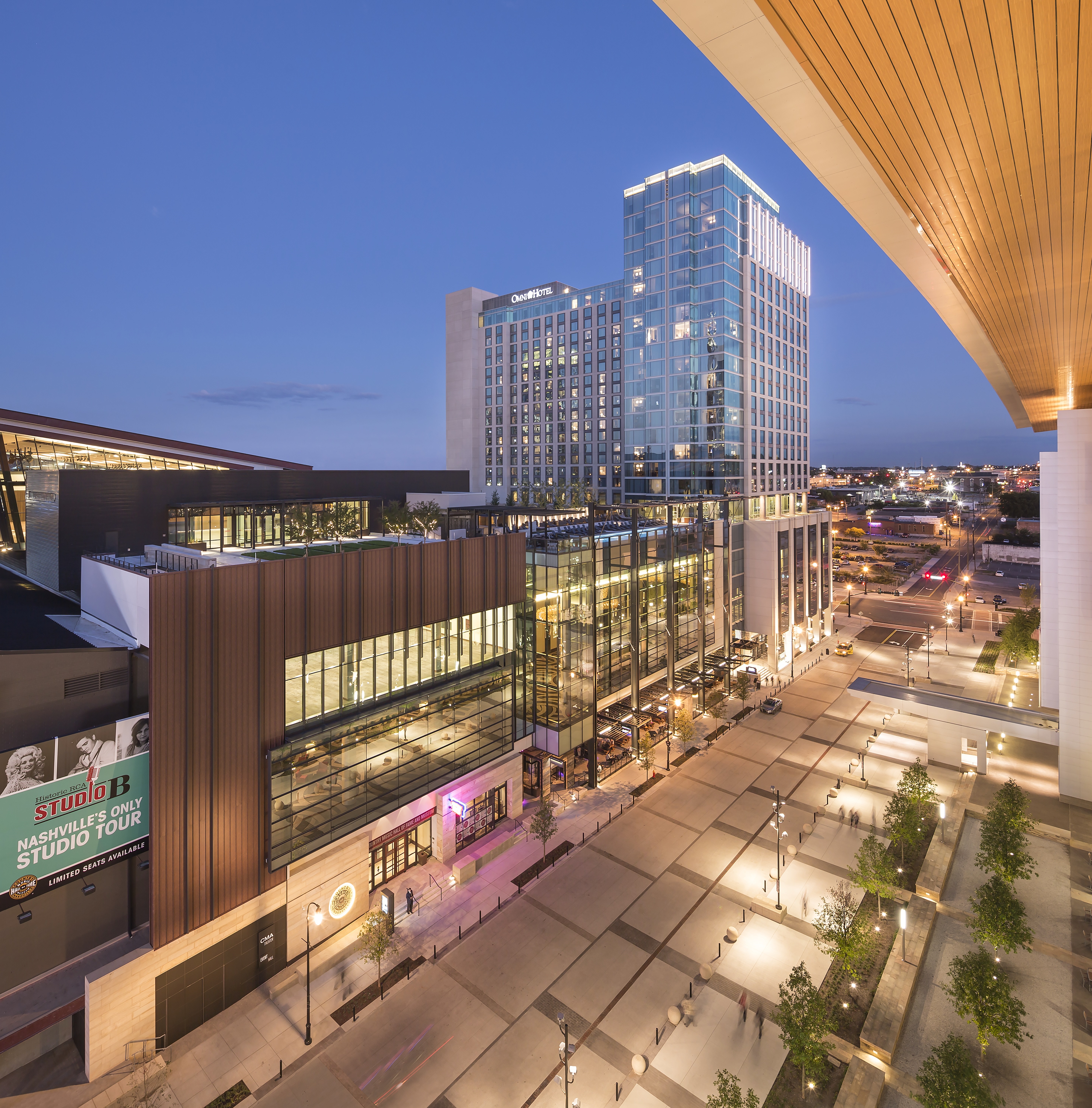Dallas says it has the manpower and hospital space to handle a significant uptick in COVID-19 cases, but much of the future is unknown. In New York, intensive care units are filling up, and bed shortages are rampant. With that in mind, minds at Dallas-based architecture firm HKS Architects began to make a contingency plan to convert hotels and schools into healthcare facilities.
The American Hospital Association says there are around 920,000 staffed beds in the country, but some studies say that up to nine million people may need to be hospitalized, a third of whom will need intensive care. If this estimate is anywhere near accurate, creative thinking will be needed. While there are no plans currently underway involving specific HKS buildings, they have thought through what it would look like.
HKS has published two white papers detailing what types of hotels and schools would be best for conversion, what it would entail, and how the new facilities might operate. Jason Schroer leads the health practice for HKS, and his thinking is that the large, convention style hotels would make for the best conversion. The ballroom spaces could be converted to large wards, with surrounding smaller conference rooms serving as command posts, nursing stations, or equipment storage.
The restaurants and kitchen areas could be used to feed staff and patients, and patient rooms could also be converted to sequestered hospital rooms. There is already a loading dock and check-in station that would be needed as well. Schroer says conversion will entail removing carpet to expose concrete floors, removing some furniture, headboards, and anything else that might absorb moisture.
Schroer says HKS has been in touch with owners of hotels about this possibility, though it is still unclear how exactly the hotels would be commandeered or volunteered. He says the hotel owners worry about the stigma associated with being filled with highly contagious patients, and what kind of costs would be associated with decontamination. “If I do this, how do I come out on the back end and get back into business knowing that I have potentially extremely contagious patients,” Schroer says of hotel owners. “How do we get it back to normal?”
But with hotel occupancy rates at just five percent in most places, hotel owners are looking for ways to be paid for their beds. Schroer says large hotel operators already have pre-arranged rates with government entities, and a partnership like this might be a way to bridge the gap until normal travel revenue resumes.
On the school front, HKS says a large comprehensive high school is the best fit for a healthcare facility for many of the same reasons. Wide hallways with spaces designed for adults, open indoor areas, loading docks, check-in, and organized buildings make for an easier conversion. With classrooms and gyms serving to hold patients, the library’s connectivity could be the command post and science labs could even be used for testing or diagnostic work normally done in a hospital. There are even places to shower as well as circle drives for ambulance drop-offs. A school’s different size rooms could also serve to care for different levels of patients, with the larger the room the less intense the infection.
Schools are usually wired for wifi, and have furniture that could be removed or utilized as necessary. Floors are already meant to be easily cleaned and sterilized. Schroer’s paper says this conversion could take just two weeks for a school to accommodate 400-500 patients if necessary.
As the Center for Medicare and Medicaid Services relaxes regulations about facility reimbursement, it opens up the possibility that reimbursement can occur in a non-healthcare facility like a school or hotel, and even though Schroer says it isn’t an immediate possibility in the Dallas area, they are following developments and are ready.
“Things could change very quickly and we are on the ready to bridge conversations,” he says. “We want to continue to provide creative thinking if they needed more capacity.”





